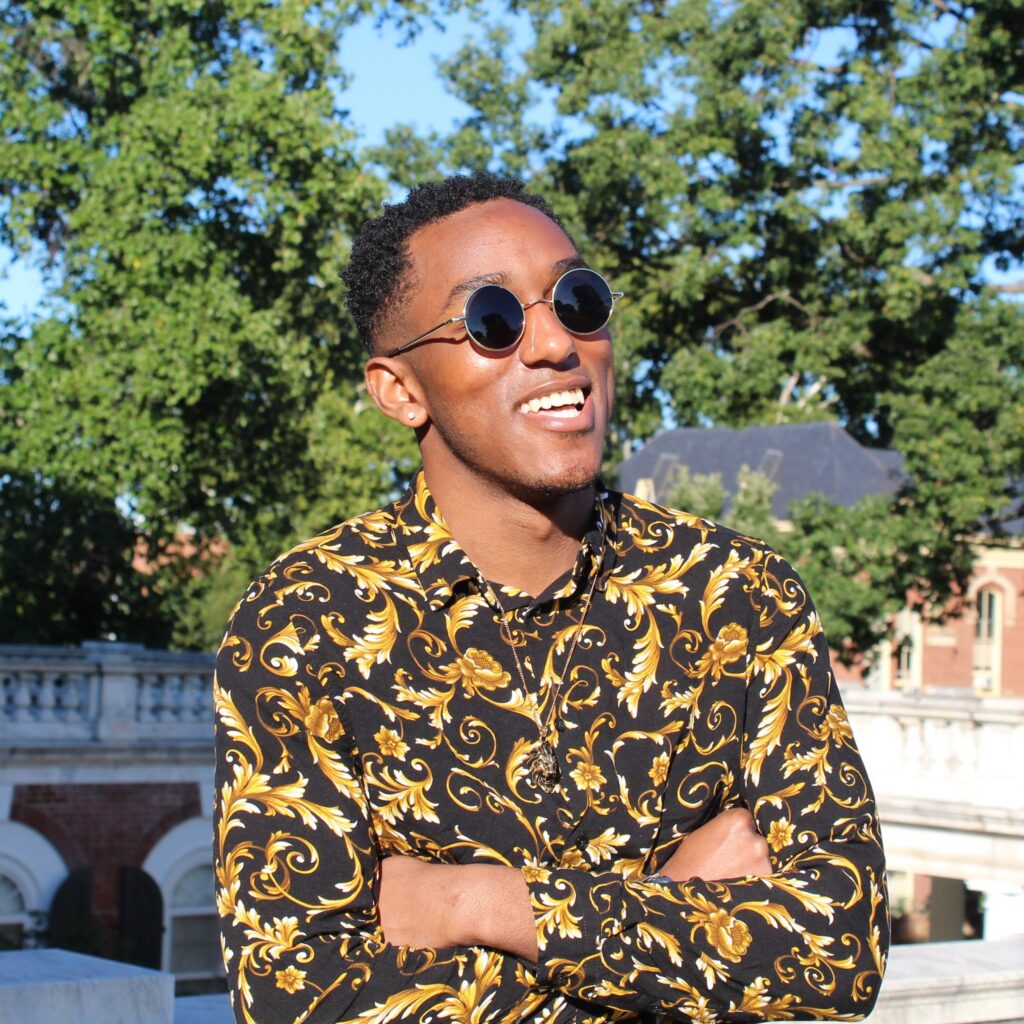by Josh Heman-Ackah, 2021 Undergraduate Summer Research Fellow in Lived Theology
For my research project, it has been quite fascinating to learn more about the history of locations in my proximity. I have recently studied events from the Civil Rights Movement that occurred in Prince Edward County and Charlottesville, Virginia. Reading the historical memoir Something Has to Be Done About Prince Edward County by Kristen Green, I obtained a lot of disheartening knowledge about the legacy of a county that I drive through regularly. When the Brown v. Board of Education decision ruled that all public schools must desegregate, Prince Edward County resisted; rather than integrate, they chose to shut down all public schools. Afterwards, county residents opened Prince Edward Academy, a private school for white students only, while Black students were stuck without any public school education for five years. Many of those Black students, known as “The Lost Generation,” would never receive their high school diplomas, and it wasn’t even their fault. My team plans to interview the author Kristen Green, inquiring into her perspective as the grandchild of those who opened the segregationist school and her journey to actively fighting for civil rights.
For Charlottesville, Virginia, it was saddening to learn more of the resistance against integration that took place around the university I attended, yet inspiring to learn about the actions people took to fight for liberties. For instance, the since-closed University Theatre, located in the UVA campus district known as “The Corner,” practiced full exclusion of any colored people, from its opening in 1938 until the early 1960s. Student protests ensued, which led to lots of hotel, theater, and restaurant owners calling movement leaders, telling them not to come down to Charlottesville, and claiming that their establishments were now integrated. Yet, the University Theatre stayed segregated until the Civil Rights Act of 1964, which banned segregation in public areas. Moreover, in the UVA academic year 1968-69, there was a momentous student movement of protests, picketing, and a march with more than 1,000 people on the UVA Rotunda. The protestors marched for four main changes: an assistant dean to recruit Black students, the active recruitment of Black faculty, a Black studies program, and a higher living wage for staff. The same year, these changes were implemented as new UVA policies and are credited to the protests of students and coverage by The Cavalier Daily student newspaper. The power of nonviolent protests throughout the movement cannot be overstated, and it inspires me that its power can be seen on a small or large scale, whether at a university or in federal law.
Following these discoveries, I am left contemplating the power of protests and their application from a Christian perspective. Should Christians engage in protests, either politically or within the church? If so, how does a Christian protest look similar to or different from the nonviolent protests in the Civil Rights Movement? I believe Christians certainly can protest, but there is a proper manner for this to be done. Perhaps this begins with prayer, fasting, and petitioning up to God first, asking the deity to drive change. Then, perhaps a Christian’s protest shares many of the ideals of the movement, like humility, nonviolence, adherence to the law, compassion for those oppressed, and other morals. I have a lot of learning to do in regard to protesting in a way that glorifies God. Certainly, no church is made of perfect people, and I wish to learn how to protest the wrong that I see within a church, yet in a way that still glorifies the house of God and does not detract people from finding their salvation. So much of the success of the protests in the Civil Rights Movement came from the public seeing in news reports the retaliation, violence, and chaos formed in response to nonviolent protests that exposed a problem in the racialized systems. I wonder how similar protests best work in an orderly, glorifying fashion in the church. While in many cases, religion inspired protests in the Civil Rights Movement, today, in my case, the movement inspired my protest against the harmful application of religion. Any problems within one’s church—along with political or social problems—are worth gracefully addressing and working to fix if you truly care about God and/or his people.
Read Josh’s first blog post here.
Learn more about the 2021 Undergraduate Summer Research Fellowship in Lived Theology here.
The Project on Lived Theology at the University of Virginia is a research initiative, whose mission is to study the social consequences of theological ideas for the sake of a more just and compassionate world.

